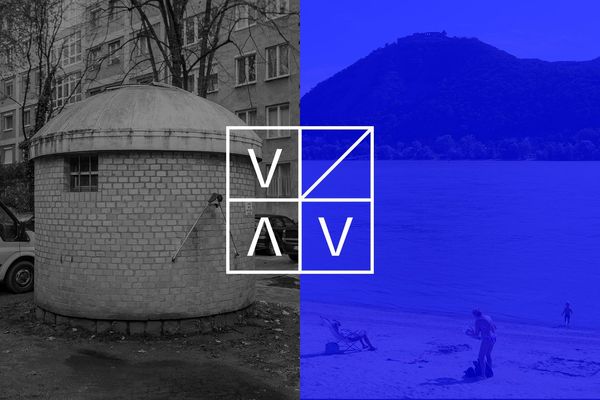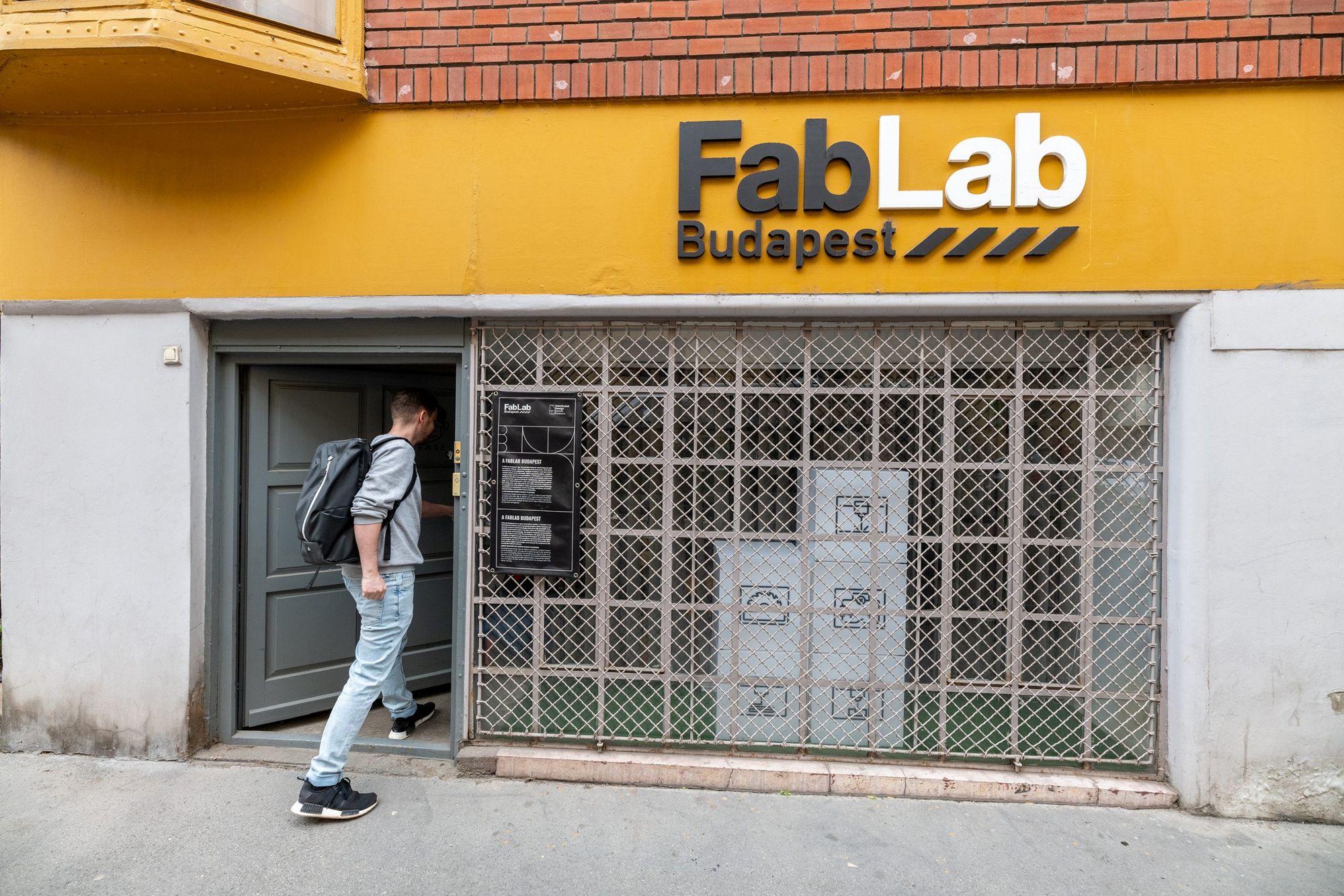Industrial designer Ádám Miklósi’s projects are fundamentally characterized by an experimental and user-oriented approach. He doesn’t like to categorize himself to either of the fields of design: he is most motivated by new challenges. The workshop of FabLab Budapest has facilitated his work on several occasions: he first met the community and the various technologies available here five years ago, when he was still casting silicone letters.
The FabLab Budapest open innovation workshop celebrates the tenth anniversary of its foundation this year. In our mini-series, we ask the users of the workshop about five topics. First up is Ádám Miklósi!
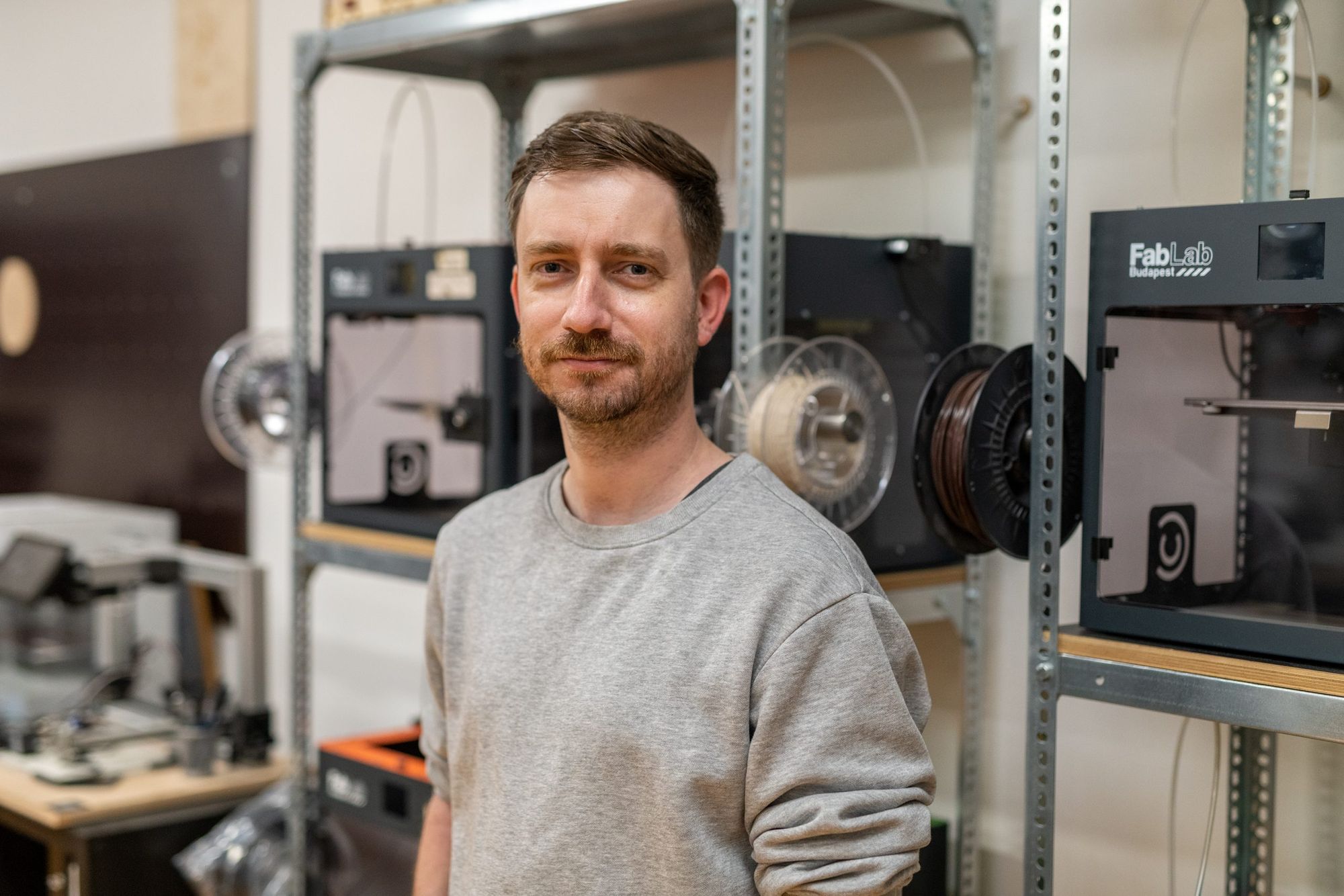
OBJECT
I created my sledge concept dubbed Slē here last summer (we have already introduced the object to our readers in a previous article on HYPEANDHYPER—the Ed). Slē is a groundbreaking sledge manufactured with plywood bending, the prototypes of which I created with CNC milling and kerf technology. It was an extraordinary experience because I haven’t worked with wood since university, and so the process was not only nostalgic but quite meditative, too.
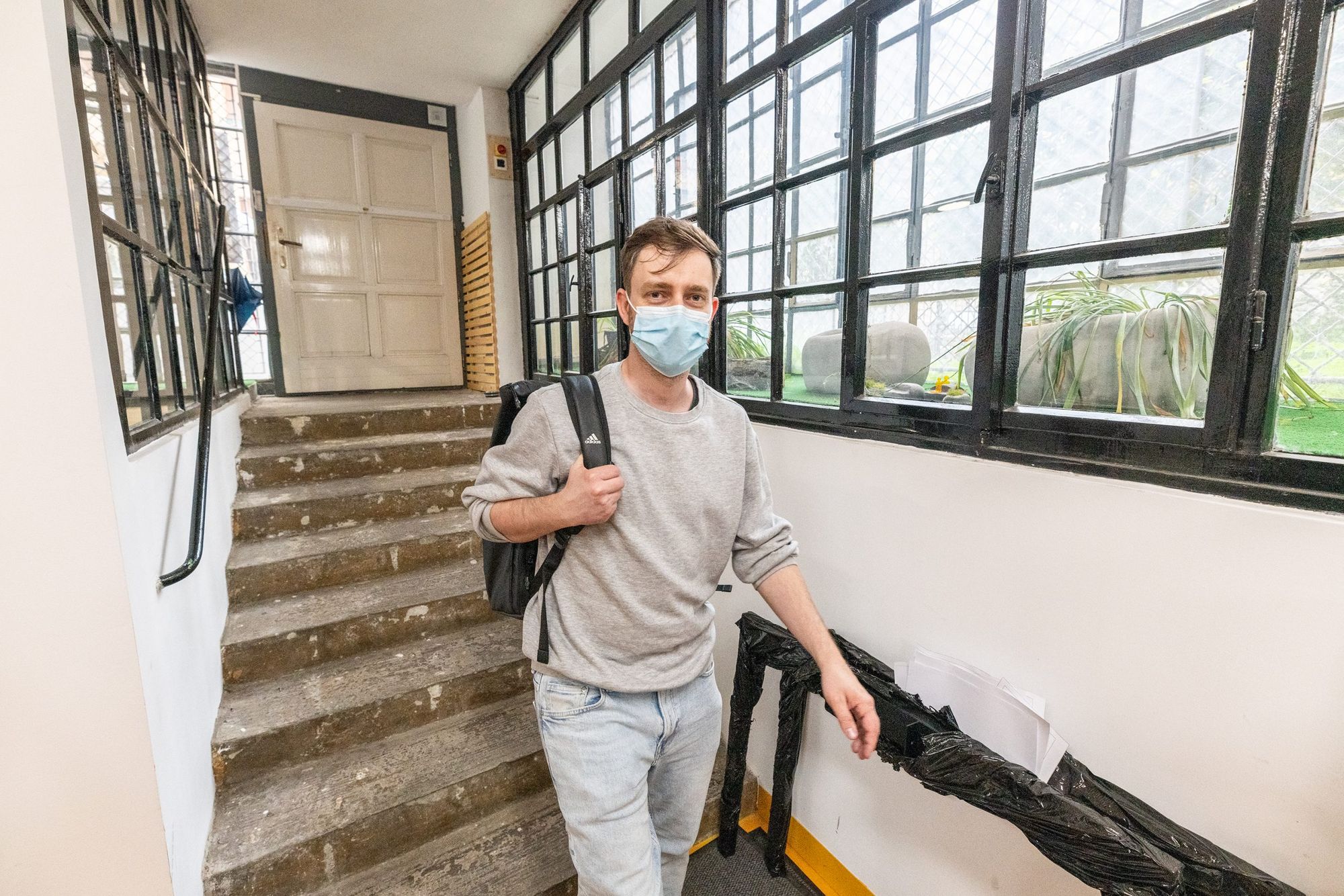

FAVORITE TOOL
The laser cutter! But, to be honest, we are only well acquainted with each other on a theoretical level. I usually use it to create quick paper models or packaging prototypes. In the workshop, we like to call this tool “Kicsi” (Hungarian for small).
ENCOUNTER IN THE WORKSHOP
I couldn’t pick a single person, FabLab inspires me as a community. I like to go to the workshop for the people, the atmosphere and for how it lets me escape the daily grind.
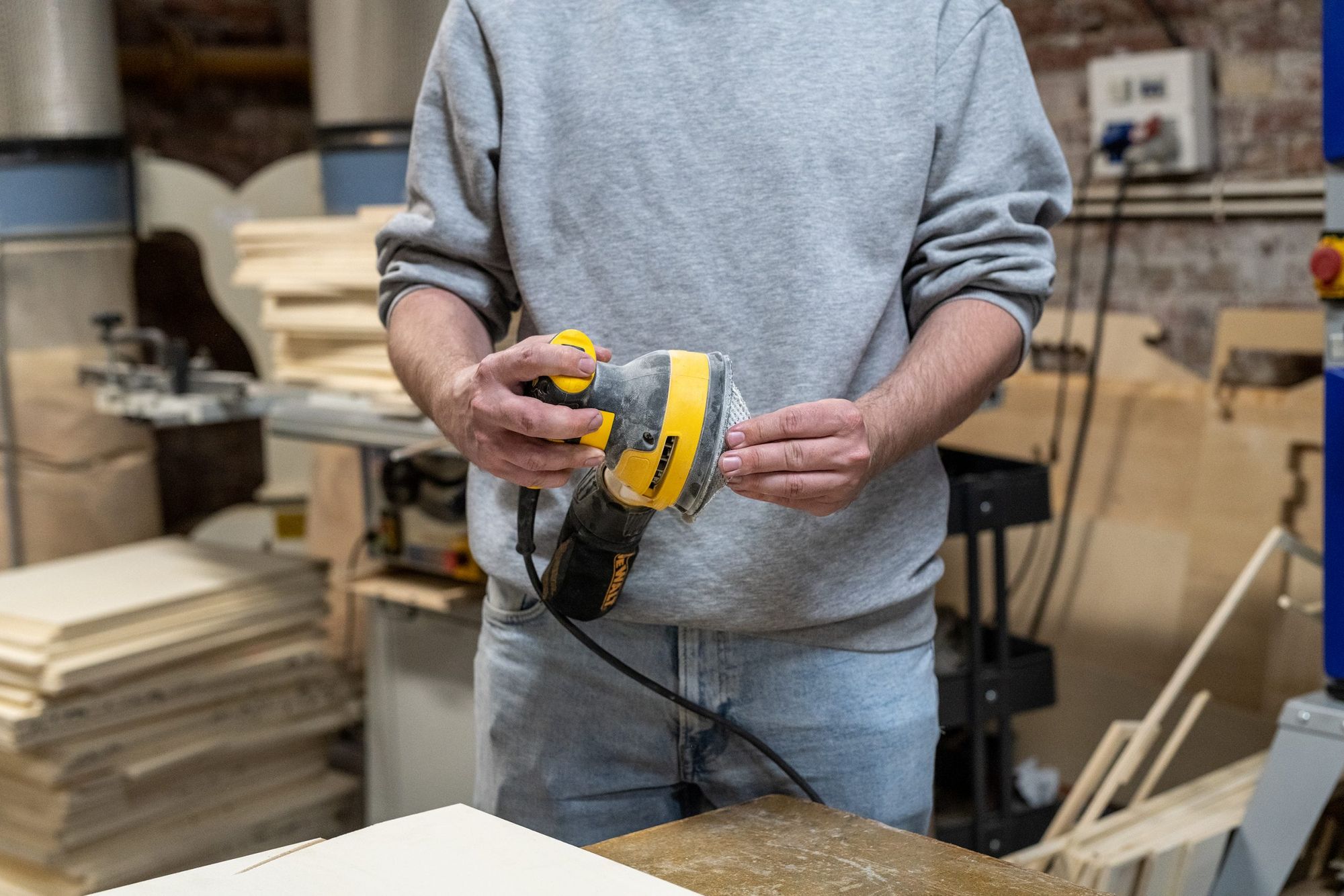
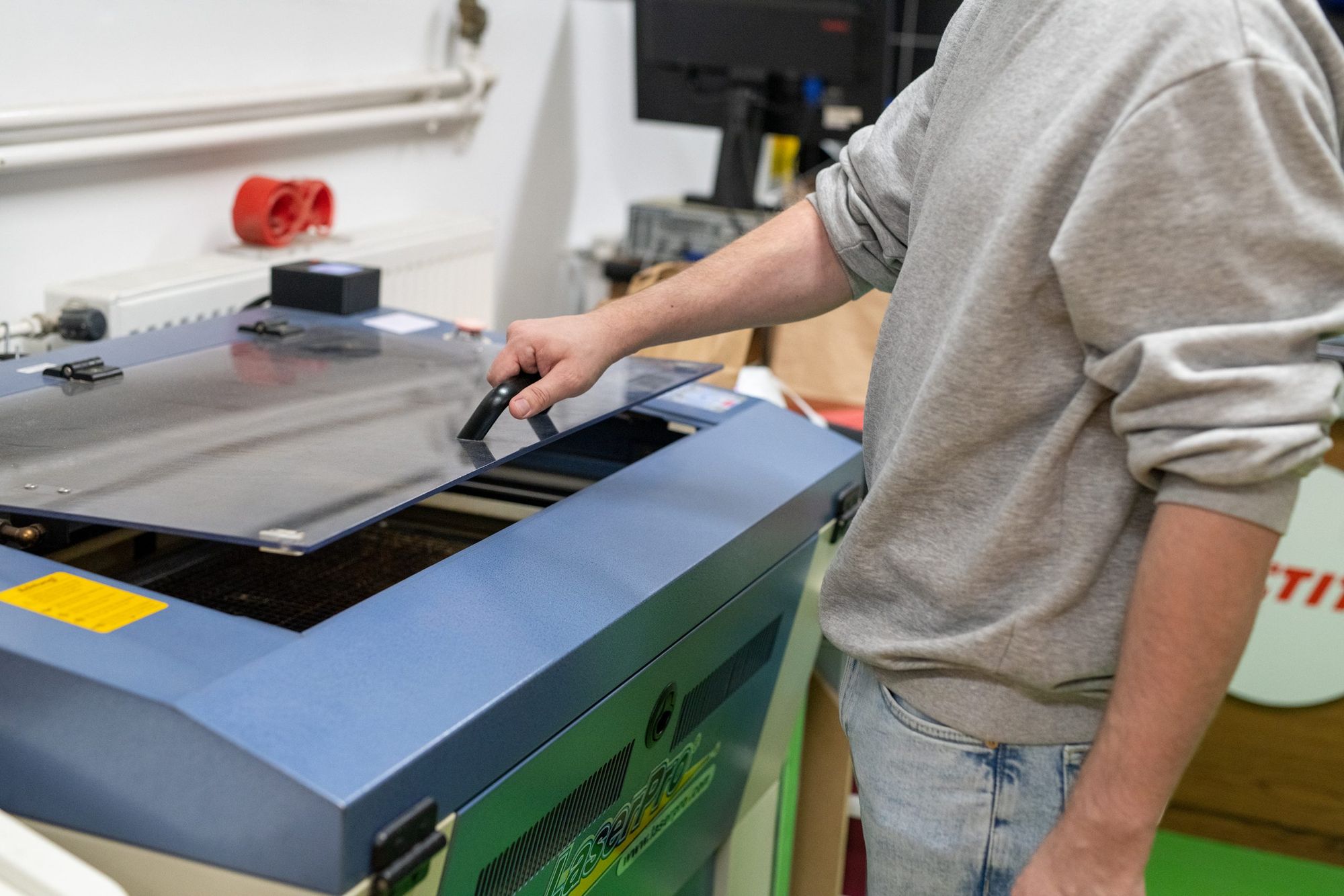
INSPIRATION
This is where I first met the approach of open design, which has been and keeps being a decisive element of my mentality ever since: I typically exploit its opportunities in my own projects. I think open design or distributed design will significantly transform the mass production industry owing to the ever-spreading digital manufacturing technologies, and will put demand-based local manufacturing in the forefront. I got to know the platforms Wikifactory and Opendesk as well as the initiative Distributed Design Market Platform thanks to FabLab, which all had a huge impact on me. This is the philosophy I represent with my IKEA-hack brand, Uppgradera, made in the past year. The Uppgradera collection encompasses six objects that can be purchased and manufactured locally, which allow the user to correct the problems of the given IKEA product arising on the user’s side.
EXPERIMENTATION
Recently I created a bent bamboo hanger for an Instagram challenge, which very many seemed to like. I plan to experiment with its implementation over the next few months in FabLab.
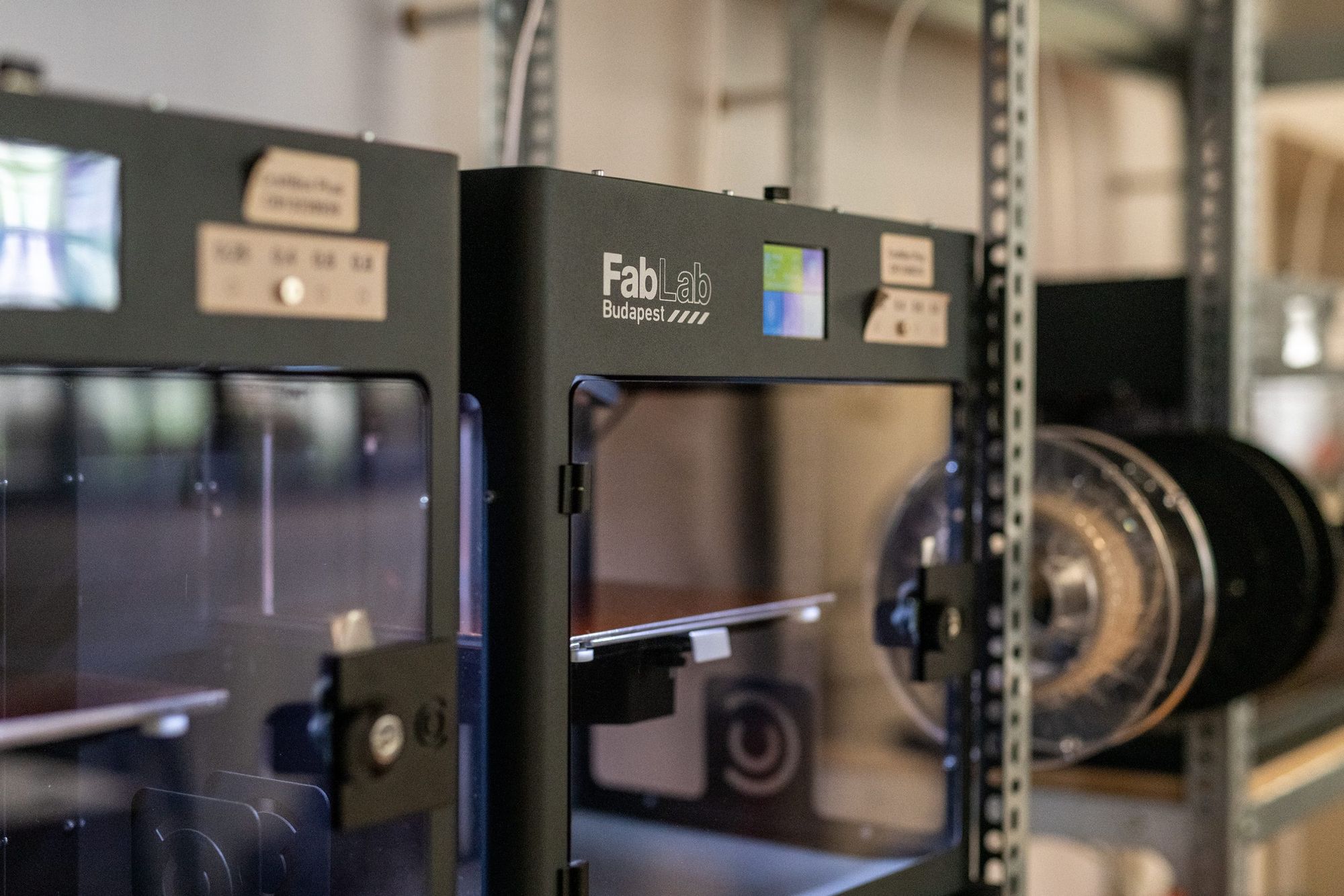
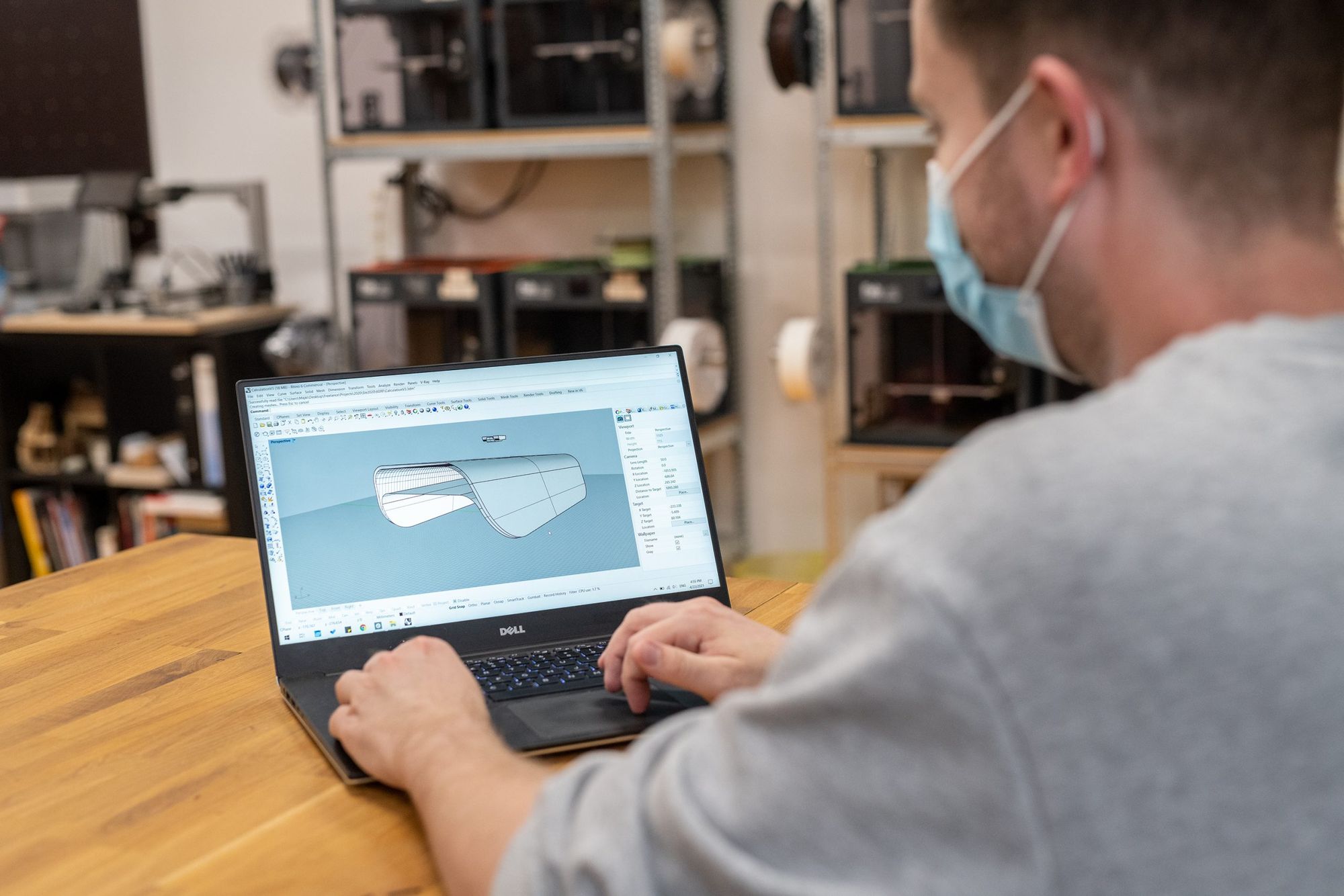
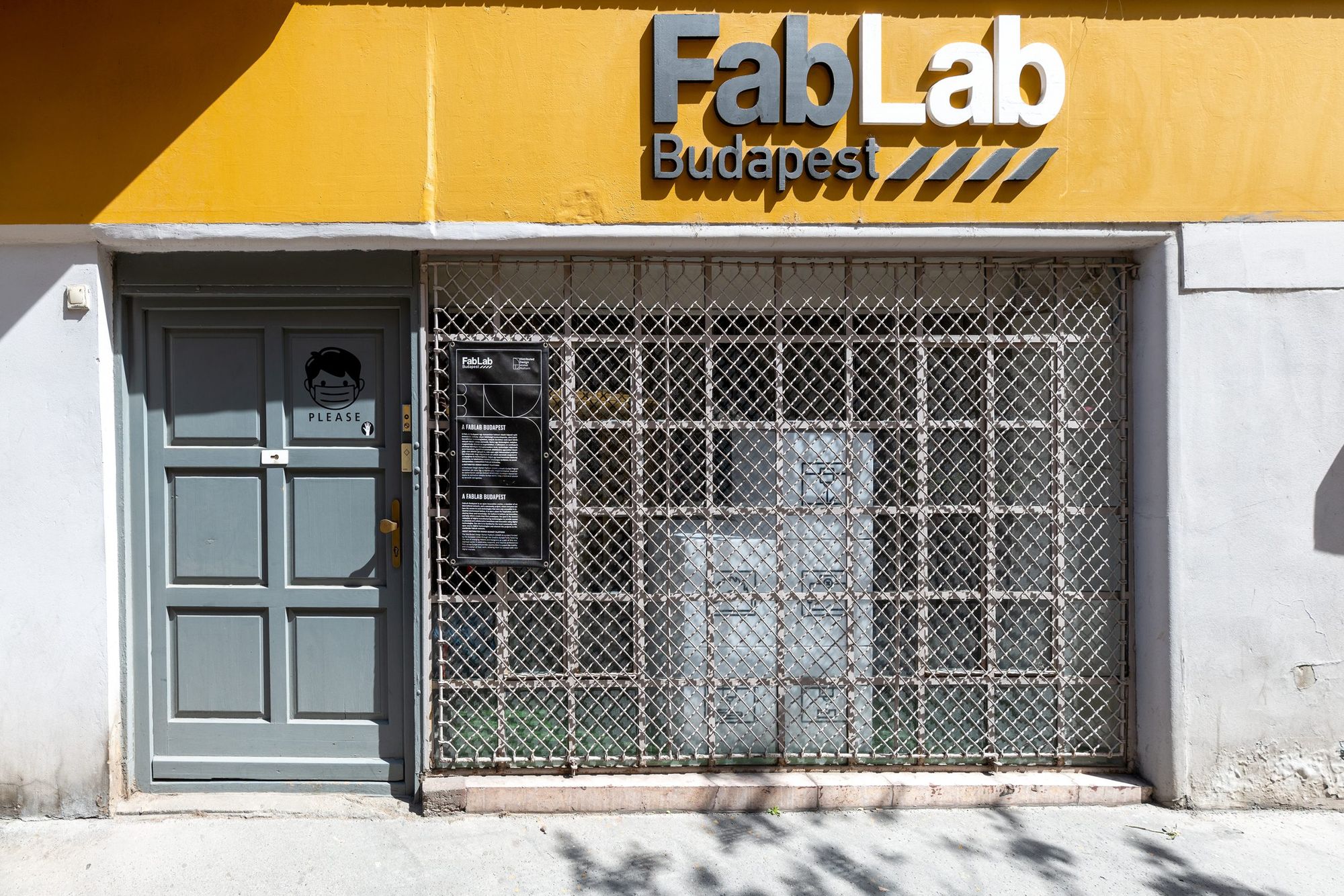
Photos: Balázs Csizik
Ádám Miklósi | Web | Behance | Instagram
FabLab Budapest | Web | Facebook | Instagram
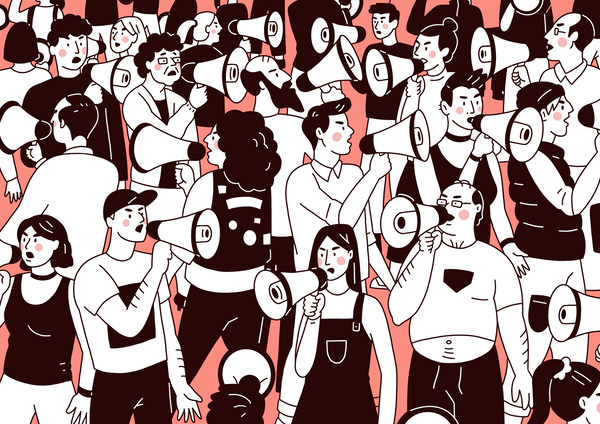
“We reflect on social pressures” | Lazy Women

Modern churches | TOP 5
